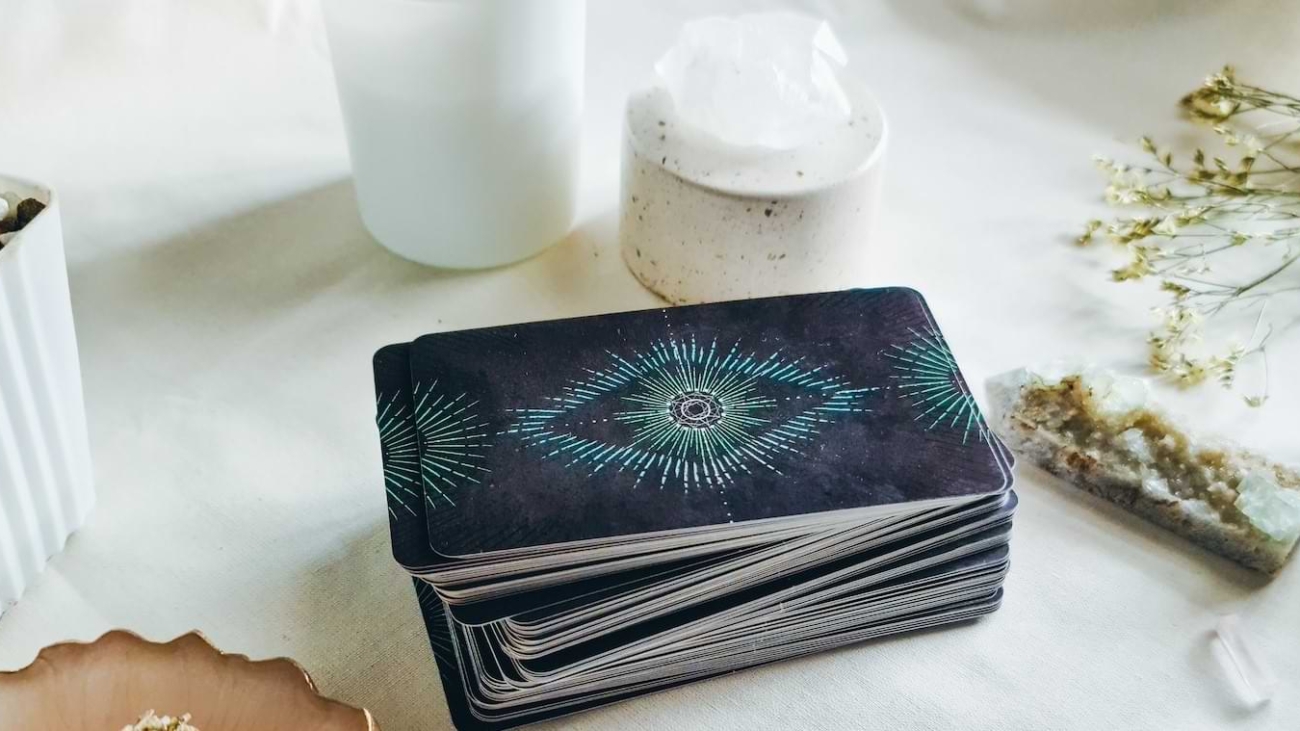I hope you all had an enjoyable and peaceful Christmas period regardless of how you celebrated this time of year. So, how was 2023 for you? For me 2023 was a challenging year. I have personally suffered chronic pain, terminal illness in a loved one, grief and stress. But with the help of my friends, family and the use of a few hypnotherapy techniques I have emerged largely unscathed and perhaps a little stronger.
So, as Benjamin Franklin (Founding Fathers of the United States) said, “Be at war with your vices, at peace with your neighbours, and let every New Year find you a better man”. In that spirit, what changes are you thinking of making in 2024? Perhaps stop smoking, lose weight, be less stressed and anxious, be more confident, overcome a fear or phobia, tackle your insomnia, start / grow your business or delve into past lives? If so, I can help you with any of these. Contact me for more information.
What does 2024 mean for me? Well, I am planning to develop my business further and offer a programme of courses and workshops. The first of which is to ensure you have and can maintain healthy personal boundaries with those you have a relationship with. Others will help with personal development and enable you to make the most of your potential. Now, despite what one of my favourite comedians, Dylan Moran, says I think we can all find ways to reach our full potential.
So happy New Year everyone. And if you think Hypnotherapy can help you make changes to your life then contact me to discuss it further.






